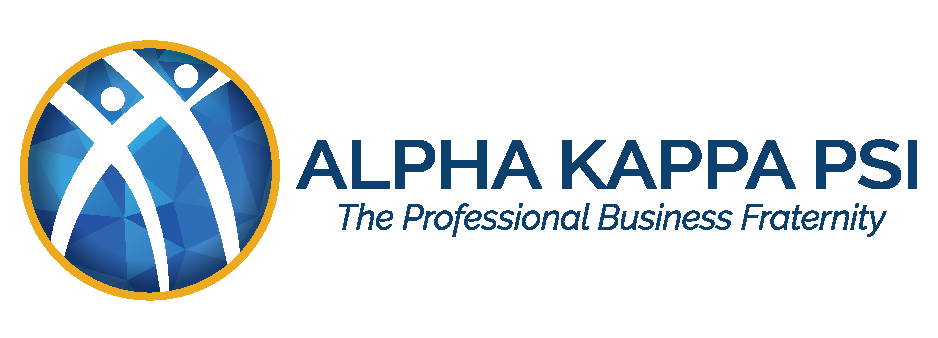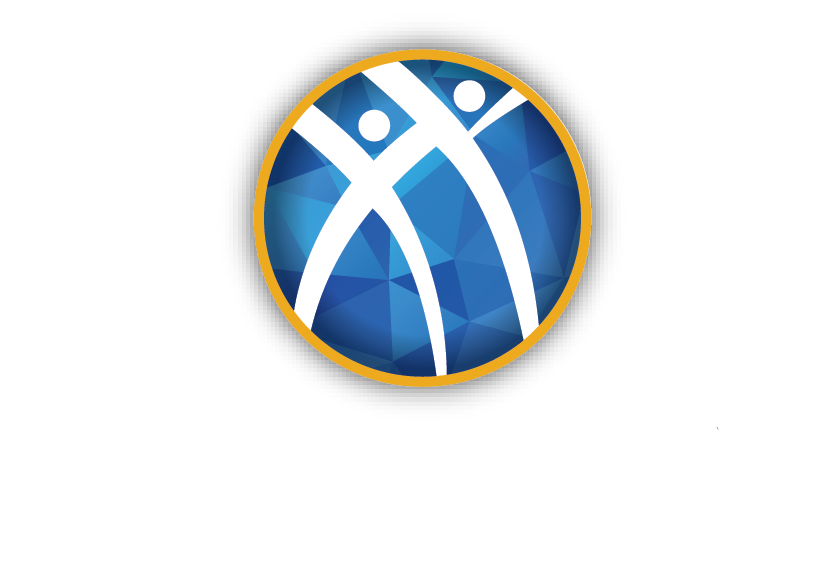The journey up the mountain of measured professional development is rarely an easy journey. Ahead lie career obstacles that block paths, a standing ground that’s slippery at best, and a road without signposts telling you the next move. With so much to consider, sometimes even the first step toward becoming a self-assured professional can be daunting.
However, when you meet the right guide, the trek suddenly feels a little lighter. A great relationship between mentor and mentee is a two-way street and becomes more of a conversation than a seminar. But, the requirements of a mentor are drastically different than those of a learning mentee. Let’s look at some tips for finding a mentor, inspiring your mentee, and working together.
Checklist for Finding a Mentor
Statistics published in the Centre for Workplace Mentorship 2016 found that employees with mentors were 20 percent more likely to receive a pay raise, got promoted five times faster, and had higher levels of retention. However, unless you’ve got a connection to a mentorship matchmaker, finding the right fit takes time and an ability to see potential in every candidate. Knowing the right questions to ask and how to best interact in this situation will make you more aware and help you select a better match.
__Dedicate time and effort into the search process, think critically about what you want to be like and who best exemplifies that.
__Perform a kind of background check to ensure you know exactly what this person has done in the past.
__Don’t rush into asking for mentorship. Establish a relationship and keep the request less-than-formal.
__If the individual says no, you might ask if they have recommendations for somebody similar to ask.
_Instill a sense of respect by sending a rapid follow-up message.
Checklist for Inspiring Your Mentee
Teachers in our lives provide us with more than lessons and tips; They’re also responsible for getting us excited about learning. This kind of inspiration is an excellent catalyst for personal growth. The same is true for mentors showing their pupils not only how to do it, but why it matters. The process of figuring out how to translate experience is often exciting and revelatory for the mentor.
This checklist can give mentors a good starting line for achieving the abstract goal of inspiration. While it seems like a lofty idea, you have an advantage here. Your student, as it were, has chosen you specifically because they find you compelling, informative, and maybe even a little bit inspiring. The items on this list will help you look within and distill your knowledge into information your mentee can use.
__Maintain focus on your pupil and avoid lengthy personal anecdotes.
__Customize lessons for individual relevance to ensure you’re imparting wisdom they need to hear.
__Try to make yourself available mornings, nights, and weekends, as your mentee might have a more restrictive schedule.
__Make conscious notes of their strengths and weaknesses, and take time to celebrate whenever the strengths grow and the weaknesses improve.
__Make it clear, both formally and informally, that there is nothing owed to you by the mentee, not even success.
Checklist for Your Mentorship Meeting
Once the partnership has been solidified, the progress can start. As with any form of self-improvement, you get out of it what you put into it. This final checklist is the clearest view of how this symbiotic relationship works. In a mentorship, nothing can be accomplished by one side. This is a classic give and take process.
__Set clear expectations for both sides by each writing a short paragraph of what they expect from one another.
__Each year, work together to create one to three goals for the next 12 months.
__During sessions, both parties will listen intently and actively, as well as avoid raising voices or making angry gestures.
__Set appropriate boundaries that protect the privacy of the mentor and the independence of the mentee.
Mentors and mentees could go a long time without ever meeting. However, for one reason or another, the two of you have teamed up for a fulfilling and worthwhile journey toward personal development and professional success. Whether you’re the teacher or the learner, be sure to use these checklists to get the most out of your partnership.





